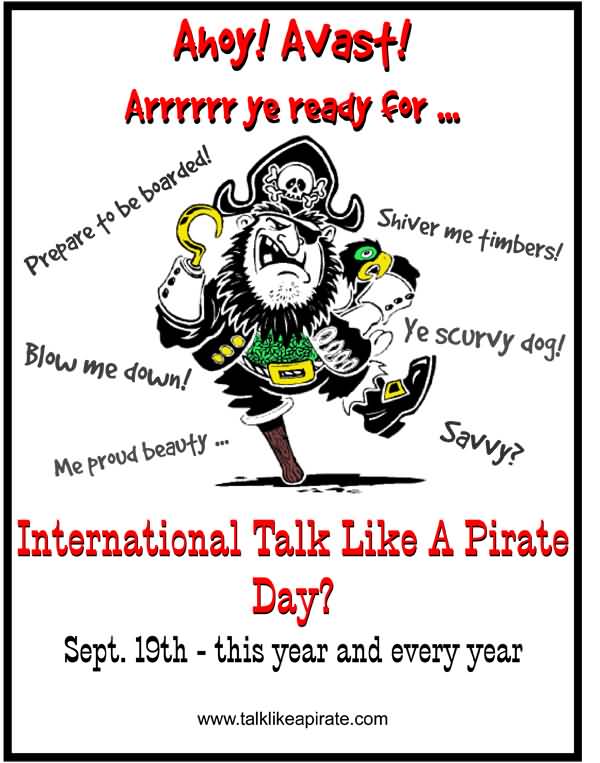September 17 URI on-line program is free and open to the public
 |
| Coincidence or not, this lecture is two days before this big event |
In 2015, Pulitzer Prize-winning investigative journalist Ian Urbina produced a series about lawlessness at sea in The New York Times called “The Outlaw Ocean.”
Last year, Urbina’s gripping, first-hand accounts of illegal
overfishing, arms trafficking at sea, human slavery, gun running, intentional
dumping, murdering stowaways, thieving of ships and other topics were collected
and expanded upon in his bestselling book of the same name.
On Thursday, September 17 at noon, Urbina will share many
of his stories as the featured lecturer in this year’s Charles and Marie Fish
Lecture, hosted by the URI Graduate School of Oceanography. The online
lecture is free and open to the public.
While a graduate student, Urbina’s first opportunity to spend
time on the open ocean fell through and he instead spent days on a research
ship that never left port in Singapore. “Spending long days on the dock, I was
exposed to the diaspora tribe of seafarers and was struck by how distinct they
were,” said Urbina. “Truth be told, once I was exposed to the place and the
people, I was hooked.”
In his reporting over a decade later for The New York Times series
and in his book, Urbina explored and chronicled a disparate array of
characters: the traffickers and smugglers, pirates and mercenaries, wreck
thieves and repo men, vigilante conservationists and elusive poachers, seabound
abortion providers, clandestine oil-dumpers, shackled slaves and cast-adrift
stowaways.
The series has now evolved into The Outlaw Ocean Project,
where Urbina continues his reporting on the high seas and has expanded into a
novel combination of music and journalism to raise awareness and stoke a sense
of urgency about the human rights, labor and environmental abuses that occur at
sea.
“All of these abuses, whether they’re human rights abuses or environmental crimes, stem from a core problem, which is a lack of governance at sea, especially on the high seas,” said Urbina. “Specifically, there are three ways in which misbehavior happens offshore routinely and with impunity: too few rules, a lack of enforcement, and insufficient awareness of what is happening there.”
While these problems occur out of sight from those of us who
live on land, Urbina says we are tacitly complicit in such activities that hold
very serious implications for the future.
“We are all the beneficiaries of lawlessness on the high seas, where 90% of the products we consume come by way of ships and commercial channels unbothered by the government — and therefore, rules,” said Urbina.
“We
have been able to access impossibly cheap products that arrive to our shelves with
incredible speed. 50% of our oxygen is from the ocean, and 70% of the protein
we consume comes from the ocean: we are deeply dependent on the ocean.”
The lecture will be livestreamed on the URI Graduate School of
Oceanography’s social media platforms. Please register to
receive a weblink to the free lecture. A limited number of signed copies
of The Outlaw Ocean will be given away to randomly selected
registrants.
The Charles and Marie Fish
Lecture is an annual public lecture endowed by the
family of Drs. Charles and Marie Fish. The Fishes established a marine
biological program at the University of Rhode Island in 1935 and eventually a
graduate program in oceanography at the Narragansett Marine Laboratory, which
later became URI’s Graduate School of Oceanography.